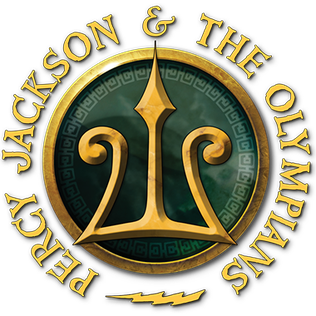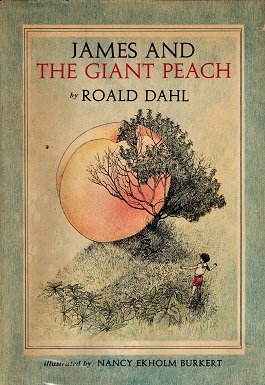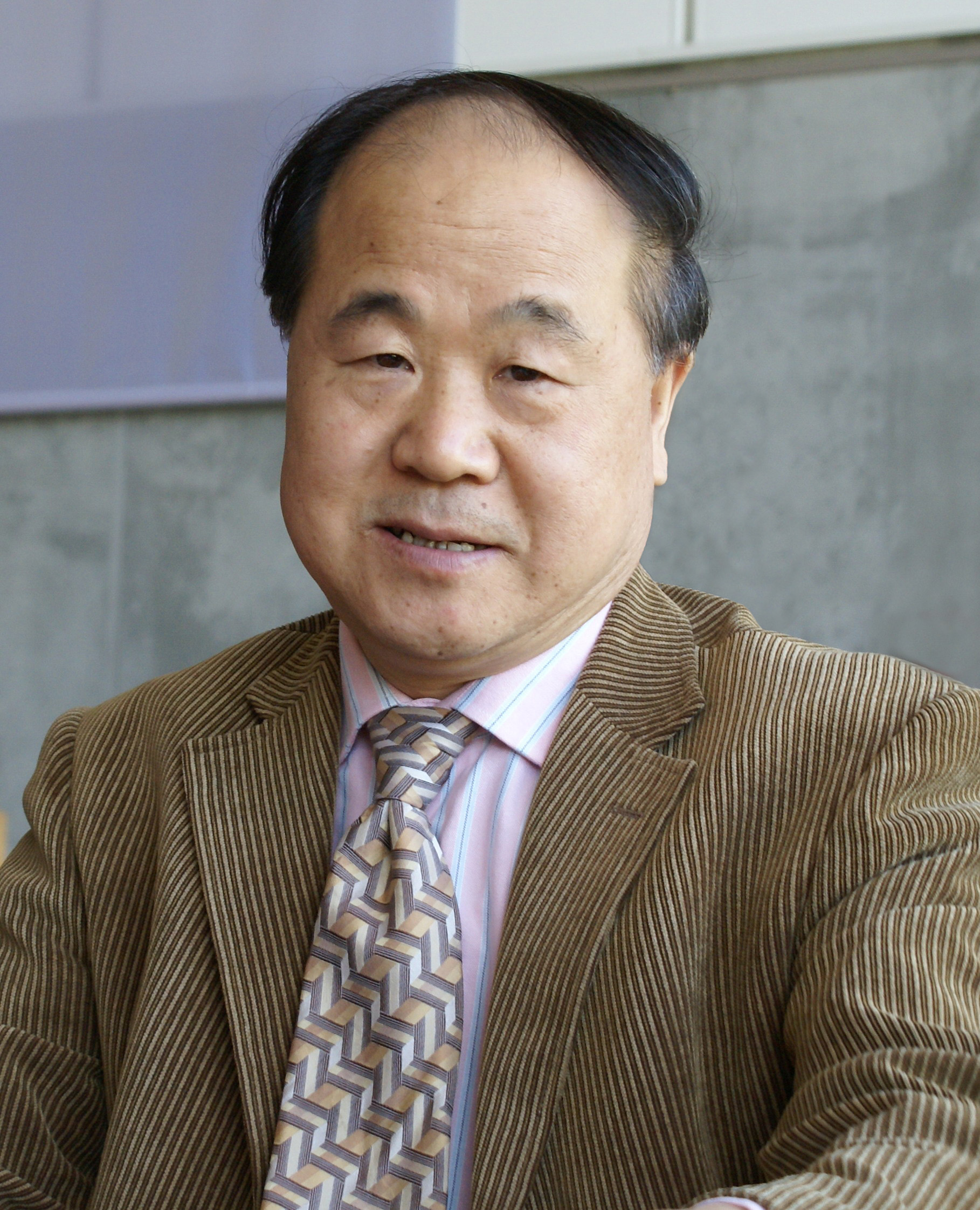Patrick Modiano
Explore the timeline of Patrick Modiano, the acclaimed French novelist known for his profound exploration of memory, identity, and the past. Follow his journey from his early life and influences through to his celebrated literary career, crowned by the Nobel Prize in Literature in 2014. Delve into the events that shaped his unique narrative style and discover the works that have captivated readers around the world.
Birth of Patrick Modiano
Patrick Modiano was born on July 30, 1945, in Boulogne-Billancourt, a suburb of Paris, France. He is the son of Albert Modiano, a businessman of Jewish Italian origin, and Louisa Colpijn, an actress of Belgian origin. Modiano's childhood and family background have significantly influenced his work, often reflecting themes of memory, identity, and the complexity of human relationships. He is one of France's most notable contemporary authors, known for his poignant exploration of the past.
Publication of First Novel, 'La Place de l'Étoile'
Patrick Modiano's first novel, 'La Place de l'Étoile', was published in 1968. This novel marks the beginning of Modiano's literary career and showcases his early exploration of themes that would become central to his work, such as identity, Jewish heritage, and the impact of history. The novel was well received and garnered attention for its powerful narrative and depth, setting the tone for Modiano's future success as a writer. 'La Place de l'Étoile' is part of what is sometimes referred to as Modiano's 'Occupation Trilogy'.
Publication of 'Les Boulevards de ceinture'
'Les Boulevards de ceinture', one of Patrick Modiano's significant early works, was published in 1972. In this novel, Modiano continues to explore his quintessential themes of memory and identity. Set in the suburbs of Paris during the German occupation, the novel delves into relationships and individual psyches under the strain of war. Modiano's style, characterized by its sparse and haunting prose, is evident in this work and further established his reputation as a key figure in contemporary French literature.
Awarded the Prix Goncourt
In 1978, Patrick Modiano won the prestigious Prix Goncourt for his novel 'Rue des Boutiques Obscures' (Missing Person). This novel solidified Modiano's reputation as a prominent literary figure, as he delved into themes of identity and memory. The story follows a detective who has lost his memory and is attempting to piece together his past. The Prix Goncourt is considered one of the most prestigious awards in French literature, and winning it brought Modiano a significant increase in recognition and readership.
Writes the Screenplay for 'Lacombe Lucien'
Patrick Modiano co-wrote the screenplay for the film 'Lacombe Lucien' with director Louis Malle. Released in 1982, the film tells the story of a young French peasant who unwittingly becomes involved with the Gestapo during World War II. Modiano's contribution to the screenplay highlighted his deep interest in the complexities of human behavior under occupation, a theme prevalent in his literary works. The film received critical acclaim and was nominated for an Academy Award for Best Foreign Language Film, showcasing Modiano's versatility as a writer beyond novels.
Awarded the Grand prix du roman de l'Académie française
In 1990, Patrick Modiano received the Grand prix du roman de l'Académie française for his novel 'Remise de peine'. This prestigious award added to Modiano's growing list of literary accolades. 'Remise de peine' is another of Modiano's works that examines post-war identity and memory. The recognition by the Académie française, a key institution in the French literary world, further affirmed Modiano's status as a leading author of his time. This accolade reinforced the importance and impact of his literary contributions.
Publication of 'Dans le café de la jeunesse perdue'
Patrick Modiano's 'Dans le café de la jeunesse perdue', published in 2007, is a reflective novel that delves into the lives of several characters in Paris, centering around the enigmatic figure of Louki. The story, set in the 1960s, is known for its intricate narrative technique, exploring themes of lost youth and the passage of time. This work has been praised for its ability to transport readers into a meticulously constructed world of memory and fleeting interactions, embodying Modiano's unique literary touch.
Publication of 'L'Herbe des nuits'
In 2012, Patrick Modiano published 'L'Herbe des nuits', continuing his exploration of themes such as memory and identity, often set against the backdrop of post-WWII France. The novel follows a character named Jean, as he retraces his past connections and events linked to mysterious occurrences in Paris during the 1960s. Modiano's writing in 'L'Herbe des nuits' is noted for its enigmatic style and emotional depth, characteristics that have made his work engaging to both French readers and an international audience. This work contributes to his renowned reputation as a master storyteller.
Awarded the Nobel Prize in Literature
Patrick Modiano was awarded the Nobel Prize in Literature in 2014. The Swedish Academy cited him for 'the art of memory with which he has evoked the most ungraspable human destinies and uncovered the life-world of the occupation.' This accolade is one of the highest honors for a writer, recognizing Modiano's extensive body of work that often explores themes of memory, oblivion, identity, and guilt, set during the German occupation of France in World War II. The Nobel Prize significantly increased his international stature.
Publication of 'Encre sympathique'
'Encre sympathique', published in 2018, is another installment in Patrick Modiano's extensive oeuvre. This novel continues his thematic inquiry into memory and time, involving a mysterious disappearance investigated years later by the protagonist. Modiano's signature style, combining simplicity with profound introspection, is evident throughout the book. 'Encre sympathique' was received with critical acclaim, underscoring Modiano's status as a pivotal figure in modern literature. The novel further nuances his exploration of elusive pasts and the nature of existence.
Frequently asked questions about Patrick Modiano
Discover commonly asked questions regarding Patrick Modiano. If there are any questions we may have overlooked, please let us know.
When did Patrick Modiano win the Nobel Prize in Literature?
When was Patrick Modiano born and where?
Who is Patrick Modiano?
What are some notable works by Patrick Modiano?
Related timelines
More timelines connected to Patrick Modiano







